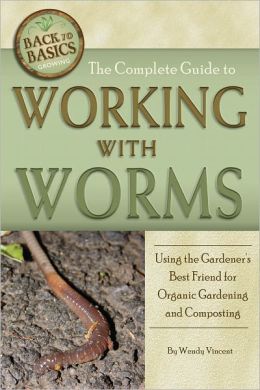Great event coming up on Saturday at the River Bend Nature Center here in Wichita Falls. From the city press release:
Wichita Falls, Texas- Everyone is invited to join representatives from the City’s Parks Department and Texas A&M Agrilife Extension Service for a FREE “Saving Our Trees” seminar, Saturday, March 1st, at the River Bend Nature Center, 2200 3rd St (next to the entrance of Lucy Park). Registration begins at 8:30am and the program at 9:00am.
“The drought continues to negatively impact our trees, and the AgriLife Horticulture Committee felt some education was essential to help people learn what they can do to save our trees,” said David Graf, AgriLife Extension Agriculture and Natural Resources Agent for Wichita County. “It takes years to replace trees, and anything we can do to save them is a huge benefit,”
Said Graf.
The seminar will feature:
1. Gregory David, certified arborist from Muenster, Texas, presenting “Evaluating Trees and Tips to Save Them”
2. Charlie Carr, certified arborist from Wichita Falls, discussing “Day-to-Day Issues – Insects, Disease, Pruning”
3. Paul Dowlearn, professional nurseryman from Wichita Falls, presenting “Stretching Soil Moisture to the Max”
Following a question and answer session with the panel, participants are invited to take a tree tour of the center. For more information please call 940-716-8610.
Wichita Falls, Texas- Everyone is invited to join representatives from the City’s Parks Department and Texas A&M Agrilife Extension Service for a FREE “Saving Our Trees” seminar, Saturday, March 1st, at the River Bend Nature Center, 2200 3rd St (next to the entrance of Lucy Park). Registration begins at 8:30am and the program at 9:00am.
“The drought continues to negatively impact our trees, and the AgriLife Horticulture Committee felt some education was essential to help people learn what they can do to save our trees,” said David Graf, AgriLife Extension Agriculture and Natural Resources Agent for Wichita County. “It takes years to replace trees, and anything we can do to save them is a huge benefit,”
Said Graf.
The seminar will feature:
1. Gregory David, certified arborist from Muenster, Texas, presenting “Evaluating Trees and Tips to Save Them”
2. Charlie Carr, certified arborist from Wichita Falls, discussing “Day-to-Day Issues – Insects, Disease, Pruning”
3. Paul Dowlearn, professional nurseryman from Wichita Falls, presenting “Stretching Soil Moisture to the Max”
Following a question and answer session with the panel, participants are invited to take a tree tour of the center. For more information please call 940-716-8610.

